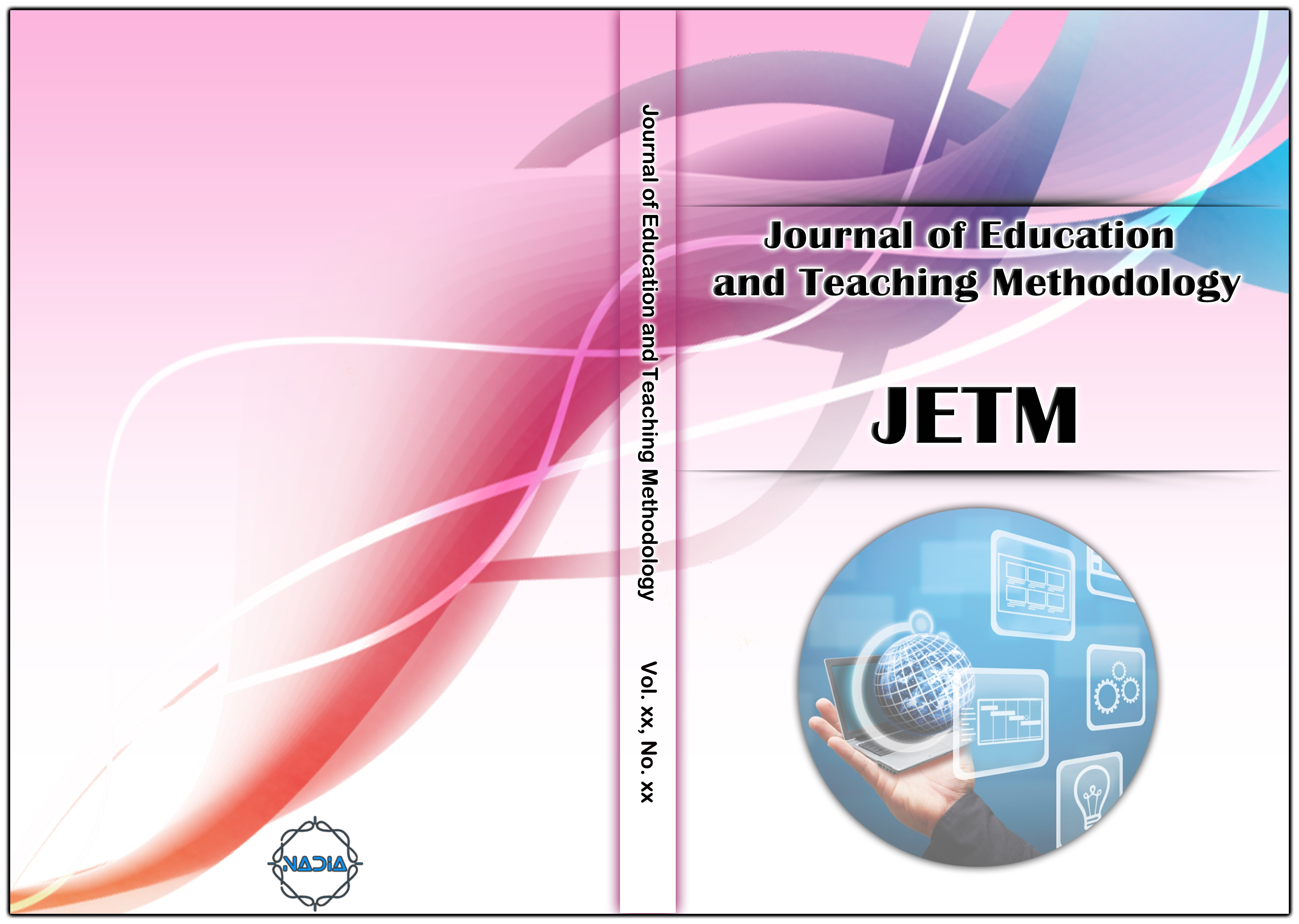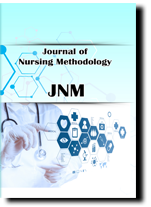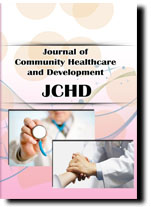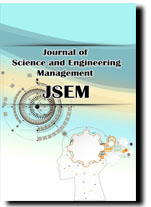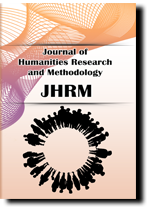[1] Altrichter, H., “The Role of the ‘Professional Community’ in Action Research”, Educational Action Research, vol. 13, no. 1, (2005), pp. 11-25.
[2] Androusou, A. and Tsafos, V., “Educating teachers as mentors in a researching and reflective framework”, In Androusou, A. & Avgitidou, S. (Eds). The Practicum in Teacher Education: Theory and practice, TEAPH-EKPA & Network of Preschools Teachers Education Departments, (2013), pp. 360-395 (In Greek).
[3] Androusou, A. and Tsafos, V., “Aspects of the professional identity of preschool teachers in Greece: Investigating the role of teacher education and professional experience”, Teacher Development, vol. 22, no. 8, (2018), pp. 1-17.
[4] Androusou, A. and Tsafos, V., (Eds), “The Sciences of Education: A Dynamic Interdisciplinary Field”, Athens: Gutenberg, (2020).
[5] Clandinin, D. J., “Teacher Knowledge”, In C. Kridel (ed.), Encyclopedia of Curriculum Studies, Los Angeles: Sage, (2010), pp. 862-863.
[6] Cochran-Smith, M. and Demers, K., “Teacher education as a bridge? Unpacking curriculum controversies”, In F. M. Connelly (Ed.), The sage handbook of curriculum and instruction. California: Sage Publications, (2008), pp. 263-281.
[7] Darling-Hammond, L., “The right to learn and the advancement of teaching”, Educational Researcher, vol. 25, no. 6, (1996), pp. 5-18.
[8] Darling-Hammond, L. and Bransford, J., “Preparing teachers for a changing world”, What teachers should learn and be able to do. San Francisco: Jossey-Bass, (2005).
[9] Darling-Hammond, L., Hammerness, K., Grossman, P., Rust, F. and Shulman, L., “The Design of Teacher Education Programs”, In L. Darling-Hammond & J. Bransford (eds), Preparing teachers for a changing world, What teachers should learn and be able to do. San Francisco: Jossey-Bass, (2005), pp. 390-441.
[10] Day, C., “Commited for life? Variations in teachers’ work, lives and effectiveness”, Journal of Educational Change, vol. 9, (2007), pp. 243-260.
[11] Elliott, J., “Reconstructing Teacher Education”, Teacher Development. London: The Falmer Press, (1993).
[12] Fine, M., “Just Research in contentious Times”, Widening the Methodological Imagination, New York: Teachers College Press, (2018).
[13] Katsarou, Ε. and Tsafos, V., “From Research to Teaching: Educational Action Research”, Athens: Savvalas (In Greek), (2003).
[14] McLaughlin, M. W. and Talbert, J. E., “Building School Based Teacher Learning Communities”, Professional Strategies to Improve Student Achievement, New York & London: Teachers College Press, (2006).
[15] Sachs, J., “The activist professional”, Journal of Educational Change, vol. 1, no. 1, (2000), pp .77-95.
[16] Schnellert, L. M., Butler, D. L. and Higginson, S. K., “Co-constructors of data, co-constructors of meaning: Teacher professional development in an age of accountability”, Teaching and Teacher Education, vol. 24, no. 3, (2008), pp. 725-750.
[17] Stergiou, L. and Simopoulos, G., “After the container”, An intercultural gaze on the refugee’s education, Athens: Gutenberg, (In Greek), (2020).
[18] Stoll, L., Bolam, R., McMahon, A., Wallace, M. and Thomas, S., “Professional Learning Communities: A review of the literature”, Journal of Educational Change, vol. 7, (2006), pp. 221-258.
[19] Stoll, L. and Louis, K. S., “Professional learning communities: elaborating new approaches”, In L. Stoll & K.S. Louis (eds). Professional Learning Communities: Divergence, Depth and Dilemmas. Maidenhead, UK: Open University Press/McGraw-Hill Education, (2007), pp. 1-13.
[20] Wenger, E., “Communities of practice: Learning, meaning, and identity”, Cambridge, UK: Cambridge University Press, (1998).
[21] Zeichner, K., “The New Scholarship in Teacher Education”, Educational Researcher, vol. 28, no. 4, (1999), pp. 4-15.
[22] Zeichner, K. and Liu, K. Y., “A Critical Analysis of Reflection as a Goal for Teacher Education”, In N. Lyons (ed.). Handbook of Reflection and Reflective Inquiry. Mapping a way of Knowing for Professional Reflective Inquiry, New York: Springer, (2010), pp. 67-84.
